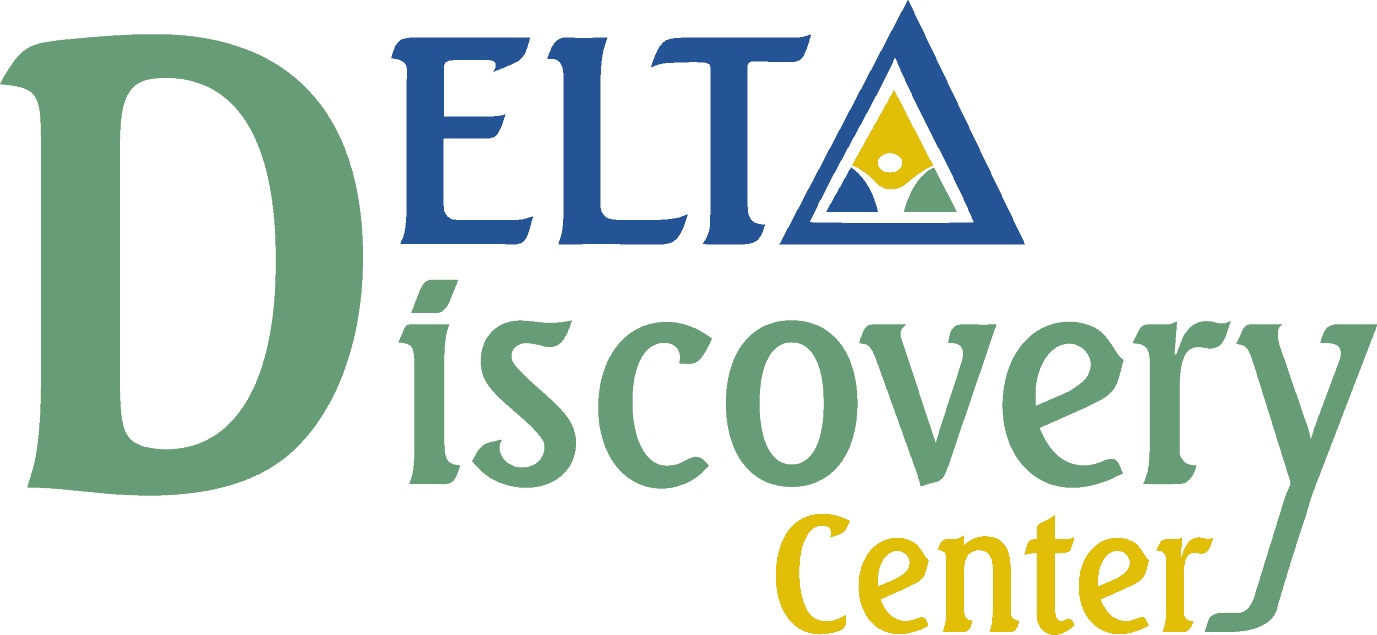Acupuncture is an alternative medicine to the western world but has been an essential method of medicine for thousands of years in the Chinese culture. Although it has ebbed and flowed throughout centuries, it has spread all over the world within the last century as a major treatment for several ailments. From mental to physical to emotional healing, the benefits of acupuncture are simply endless.
How exactly does acupuncture work?
According to the University of California – San Diego’s Center for Integrative Medicine, acupuncture is an alternative healing procedure that “improves the body’s functions and promotes the natural self-healing process by stimulating specific anatomic sites,” commonly referred to as acupuncture points, or acupoints.
“The most common method used to stimulate acupoints is the insertion of fine, sterile needles into the skin. Pressure, heat, or electrical stimulation may further enhance the effects. Other acupoint stimulation techniques include: manual massage, moxibustion or heat therapy, cupping, and the application of topical herbal medicines and linaments.” – UC San Diego Center for Integrative Medicine
Folks have attested to the healing powers of acupuncture where Western medicine didn’t meet their needs.
Here are some of the top 13 benefits of acupuncture:
1. Helps Reduce Headaches and Migraines
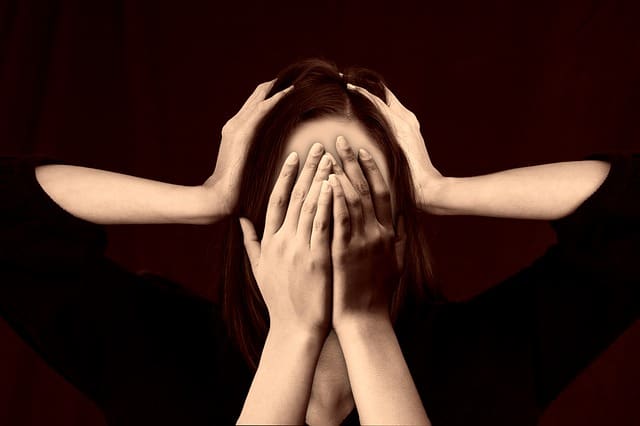
“Acupuncture helps reduce days with migraines and may have lasting effects, according to a new study published in the Canadian Medical Association Journal.
“In the study, almost 500 adults were treated with either traditional Chinese acupuncture or a sham treatment in which acupuncture needles were inserted in nonspecific points. The acupuncture treatment points were previously used to study migraines. Participants did not know which type of acupuncture treatment they were receiving during the four-week study.
“After completing the study, all of the participants — including those in the sham group — reported fewer days with migraines than before the study began.” via Acupuncture May Be Effective for Migraines
2. Treats Arthritis
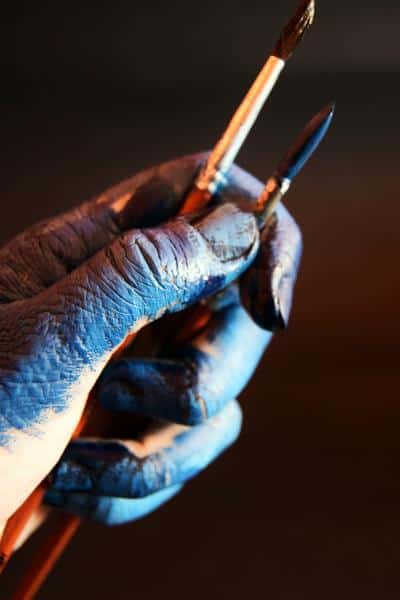
“While arthritis pain and inflammation cannot be avoided as the body ages, with the aid of acupuncture and Oriental medicine, the pain can be managed to a greater degree and improve functioning.
“The relief of arthritis pain through acupuncture has been studied many times. Results indicate that the use of acupuncture and Oriental medicine can be an effective form of pain management. Many studies throughout the world have been given on a range of arthritis sufferers- from patients awaiting full-hip replacements, to knee surgery patients, as well as people suffering from the effects of rheumatoid and osteoarthritis.
In most studies, the patients are split into groups- one group participating in acupuncture and Chinese medicine treatments in conjunction with a self-help course for managing their condition and conventional therapy; the other group receiving only the conventional therapy and self-help course information. The studies indicated that between 25-40 percent who received acupuncture in conjunction with the conventional and self-therapy had a decrease in pain and a noted improvement in function of arthritic joints.” via Acupuncture for the Relief of Arthritis Pain
3. Reduces Chronic Pain

“Some people swear that regular sessions of acupuncture help relieve their back pain and headaches. And now there’s evidence they may be right.
“In a study published in the Archives of Internal Medicine, researchers led by Andrew Vickers, an epidemiologist and biostatistician at Memorial Sloan Kettering Cancer Center, report that acupuncture is effective in reducing people’s chronic pain — more so than standard pain treatment and slightly better than using sham needles, suggesting that the benefits of real acupuncture are due to something more than the placebo effect.” via Acupuncture May Offer Real Relief for Chronic Pain
“According to the National Institute of Health (NIH), a number of studies suggest that acupuncture works particularly well on chronic pain such as back and neck pain; osteoarthritis/knee pain; and headache. It often reduces the incidence and severity of tension headaches and may prevent migraines. “Therefore,” the NIH concludes, “acupuncture appears to be a reasonable option for people with chronic pain to consider.” via The Role of Acupuncture in Treating Chronic Pain
4. Prevents Nausea & Vomiting

“To date, more than three dozen randomized controlled studies have been published showing that acupuncture point stimulation can treat or prevent nausea and vomiting.
While most acupuncture treatments are tailored to individual patients and are highly dependent on practitioner preference points, most acupuncturists and doctors of Oriental medicine appear to prefer using the P6 or Neiguan point, which is located two cun below the distal wrist crease on a patient’s lower arm. (A cun is a Chinese measurement equaling the width of the middle joint of the patient’s thumb; two cun equals approximately the width of three fingers.
Acupressure has also been employed to relieve the symptoms of nausea and vomiting, sometimes in conjunction with acupuncture, sometimes as a stand-alone therapy.” via Acupuncture for Nausea and Vomiting
5. Helps with Infertility
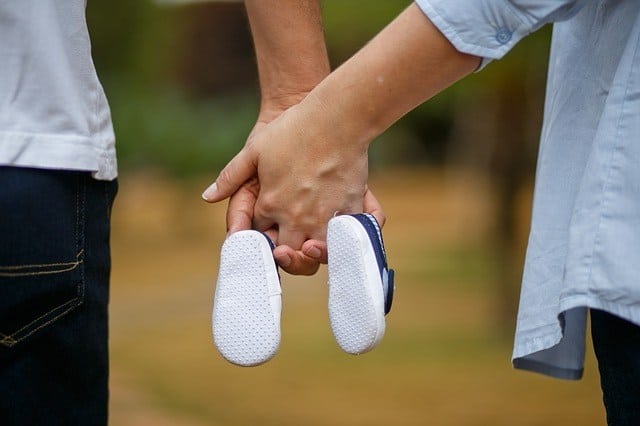
“Acupuncture can increase fertility by reducing stress, increasing blood flow to the reproductive organs and balancing the endocrine system, according to several studies and medical research. “The goal of an infertility treatment from a Chinese medicine perspective is not just to get pregnant, but to stay pregnant and to have a healthy baby,” says Deb Davies, LAc, a Pacific College alumnus. Among many other benefits, acupuncture can provide better blood flow to the ovaries and uterus, creating a stronger chance for an egg to be nourished and carried to term.
“One of the ways acupuncture infertility treatment increases fertility is by reducing stress, which is often a key factor in the fertility of both men and women. When people are under stress, the hormone cortisol is released in the brain. This alters the brain’s neurochemical balance, thus changing hormone levels and disrupting the pituitary balance that is key to the reproductive cycle.
“If the thyroid is over-or under-functioning, acupuncture can help address the effects on fertility. Acupuncture can also “. . . be used to treat any type of fertility disorder including spasmed tubes. Spasmed tubes are often de-spasmed with acupuncture, though blocked tubes will not respond to acupuncture,” according to the American Pregnancy Association.” via How Does Acupuncture for Fertility Work? Increase Chance of Conception Without Side Effects
6. Improves Cancer and Chemotherapy Recovery

“Acupuncture is very effective for managing pain related to tumors, surgery, chemotherapy, radiation, and inflammation. Cancer itself is a painful disease and the treatments for cancer cause pain, swelling and inflammation. Additionally, many of the treatments for the management of cancer pain cause side effects such as constipation, confusion, nausea, difficulty urinating, and respiratory depression. Patients who receive acupuncture may be able to use lower doses of pain medications.
“Acupuncture is recommended to cancer patients at the Mayo Clinic and at the Dana Farber Cancer Institute in Boston. Today, many oncologists refer their patients for acupuncture treatment to manage cancer symptoms and cancer treatment-related symptoms. Many cancer treatment centers now have Licensed Acupuncturists on staff to help patients manage the many challenges of the cancer journey.” via Can Acupuncture Treatment Help Cancer Patients?
7. Helps in Pregnancy, Labor, and Postpartum Health
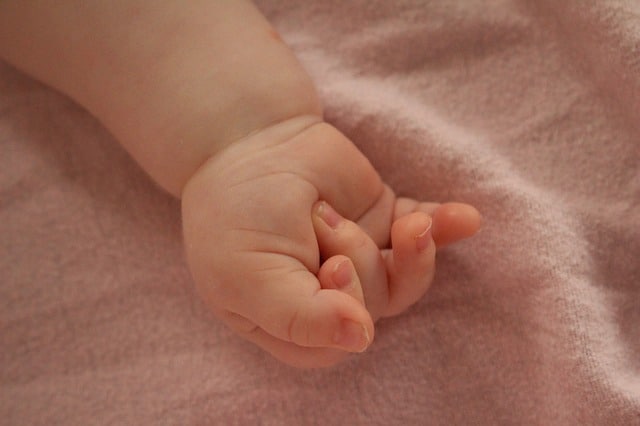
Lisa Errol, an independent midwife based in New Zealand has spoken about the benefits of acupuncture during pregnancy and the postnatal period:
“Women who have had acupuncture preparation in the pregnancy are likely to have significantly shorter labours. This is particularly noticeable with first labours where the average length of established labour is between four and six hours. It seems that acupuncture helps to regulate contractions and women appear to labour more efficiently. The beneficial effects increase with an increased number of treatments. The number of women experiencing long latent phases of labour has now also decreased.
Acupuncture also has its uses in the postnatal period. It can assist lactation and let-down. It can also be used in the treatment of blocked milk ducts. It is useful in restoring a mother’s energy level after birth and promoting her general recovery and wellbeing. It may also be helpful in reducing the emotional swings that some women experience early and later in the postpartum period so it may have a role in reducing the likelihood of postnatal depression in susceptible women.” via Sage Earth Acupuncture
8. Treats Anxiety
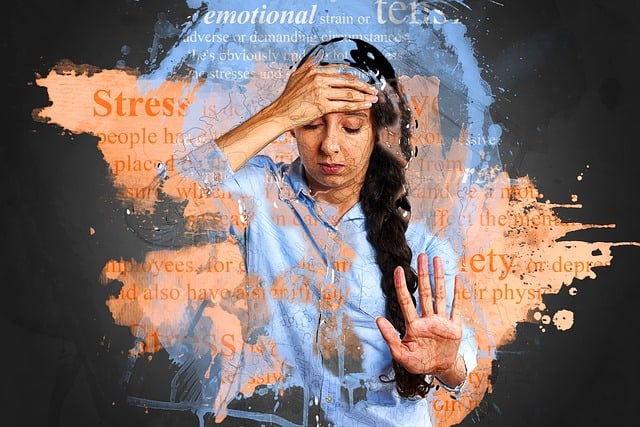
“Traditional Chinese medicine believes that health is dependent on Qi (energy) – which, when in good health, moves in a smooth and balanced way through a chain of fourteen main channels (Jing Luo in Chinese) mapped out throughout the body. Stress, anger, or any intense emotion acts like a traffic jam, blocking the free flow of energy in the body. For example, many people who are very stressed out complain of upper back, shoulder and neck pain. This is because stress is causing tension in those areas, blocking the free flow of energy, causing pain, tightness, and often leading to headaches.
“By inserting needles into the acupuncture points, which lie at specific predetermined anatomical locations on these channels, we stimulate body’s energy (Qi) to start the healing process and assist it to restore its natural balance. Acupuncture points can help energy flow smoothly, and alleviate not only the symptoms of stress and anxiety but the stress and anxiety itself.” via Acupuncture and Anxiety, a good match?
9. Reduces Insomnia
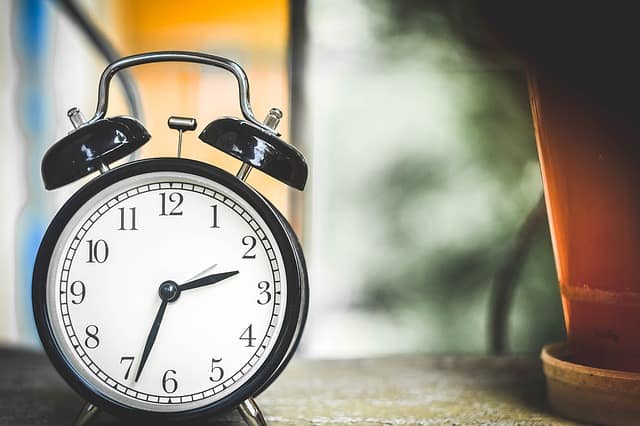
“Acupuncturists have been successfully treating insomnia symptoms for centuries and continue to provide relief. In Chinese medicine, there are a number of types of insomnia, including:
- Sleep onset or difficulty going to sleep
- Middle of the night, or waking and unable to go back to sleep right away
- Terminal or late insomnia, or waking in the very early morning and cannot return to sleep again
- Sleep with vivid and disruptive dreaming
- Inability to sleep, in general.
“Each of these particular types of insomnia indicates a unique energy imbalance in Chinese medicine unlike any of the others. No one type of insomnia will ever be treated in exactly the same way during acupuncture, each is related to a particular imbalance.
“Many patients report a calmness and relaxation they’ve not experienced in a long time while in an acupuncture session and others report an almost involuntary release of emotions.” via Acupuncture for Insomnia
10. Minimizes GERD and heartburn
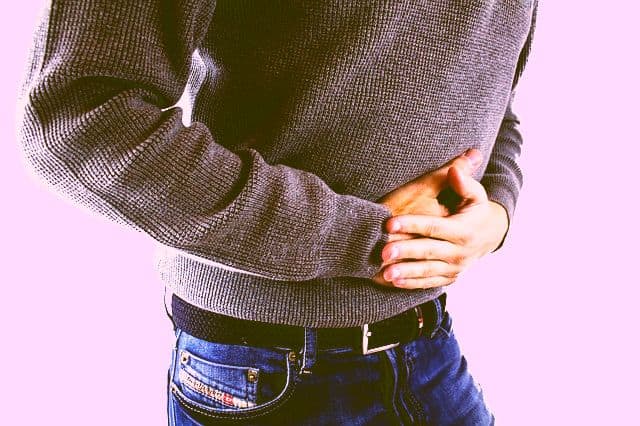
“Acupuncture alleviates gastroesophageal reflux disease (GERD). Based on research, investigators conclude that acupuncture produces positive patient outcomes for patients with a special type of GERD, called non-erosive reflux disease (NERD). The researchers determined that acupuncture is successful in the treatment of NERD and associated esophageal dysmotility (Liu et al.). Acupuncture significantly improved scoring indices for esophageal dysmotility, GERD symptoms, and lower esophageal sphincter pressure. Acupuncture successfully reduced the frequency and intensity of heartburn, regurgitation, chest pain, and dysphagia (difficulty or discomfort with swallowing).” via Acupuncture Alleviates GERD And Heartburn
11. Aids in Weight Loss
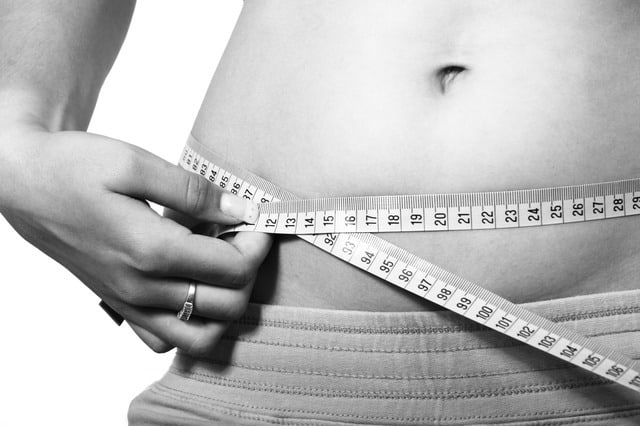
A lot of people struggle with controlling their body weight, and acupuncture was found to be a procedure that would help in weight loss. So instead of resorting to other weight-loss strategies, why not schedule an appointment with the acupuncturist? Here’s how acupuncture is done for each patient:
“In Traditional Chinese Medicine, the belief is that excessive weight gains are caused mainly by an imbalance in the body due to a malfunction of the spleen and liver organ systems. Skilled acupuncture practitioners will zero in on specific body areas to effect weight loss. Among these are the endocrine system and kidneys, which are addressed to treat water retention and to stimulate nerve and hormonal rebalance. The spleen and thyroid gland are also targeted to affect sugar and hormonal rebalancing. Finally, the adrenal and ovary glands are included to treat weight gain due to menopause or Premenstrual syndrome (PMS). Some people notice the effects of acupuncture fairly quickly and only require treatments every other week.
“Another Chinese acupuncture practice for losing weight is ear stapling. This involves manipulating points on the ear to control food cravings. Auricular acupuncture has been used successfully to help cigarette smokers and heroin addicts kick their drug habits. When properly administered by a qualified acupuncturist, this technique may help some people lose weight. One study, published in Medical Acupuncture, found that ear acupuncture combined with a 2,000 calorie-a-day diet and 15-minute walk helped reduce weight. The study involved 20 obese women, 22 to 42 years of age. Half of those who received weekly 15-minute sessions of ear acupuncture lost an average of 10 pounds. Those without ear acupuncture averaged only a three-pound loss. Moreover, the women who received the acupuncture treatments reported a decrease in appetite.” via Acupuncture Can Help with Weight Loss
12. Helps Alleviate Dementia and Cognitive Impairment
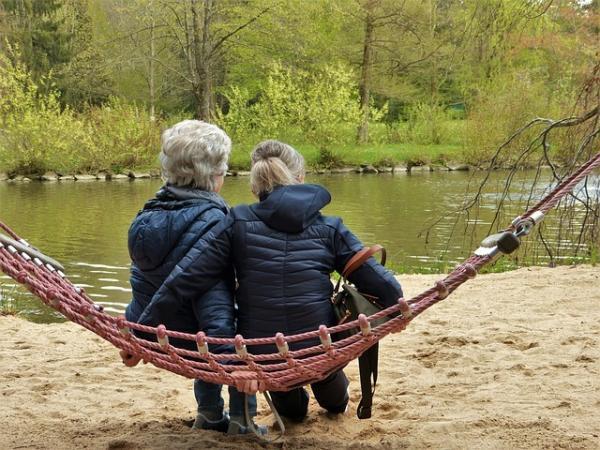
According to the World Health Organization, there are 50 million people around the world who have dementia, with 10 million new cases every year. Around 4-5 million of these come from the United States. Dementia remains one of the most expensive diseases in the United States.
At this time, there is no treatment available to cure dementia nor alter its progressive state. However, recently acupuncture has been found as a treatment that could bring positive results to dementia and other cognitive impairment, as found in this study:
“Acupuncture alleviates dementia and cognitive impairment. Researchers from the Anhui University of Chinese Medicine demonstrate that acupuncture has a 90% total effective rate for the treatment of vascular dementia. Researchers from the Heilongjiang University of TCM (Traditional Chinese Medicine) demonstrate that acupuncture improves cognitive abilities for patients with non-dementia-related vascular cognitive impairment. In addition, researchers from the Tianjin University of Traditional Chinese Medicine demonstrate that acupuncture has an 88% total effective rate for the treatment of chronic cerebral circulatory insufficiency (CCCI).” via Acupuncture Alleviates Dementia and Cognitive Impairment
Here’s another study detailing the positive effects of acupuncture:
“Use of acupuncture alone or with medication can improve cognitive and memory function in patients with amnestic mild cognitive impairment (MCI), new research suggests. A meta-analysis of five randomized controlled trials (RCTs) and more than 500 patients with MCI and memory deficits showed that those who received acupuncture for 2 to 3 months had a significantly higher clinical efficacy rate than those who received the oral calcium channel blocker nimodipine.” via Acupuncture May Improve Memory in Mild Cognitive Impairment
13. Relieves Menopausal Symptoms

Although menopause is a natural occurrence in women when they get older, the changes that come with it are not something we look forward to. Women who are approaching menopausal stage usually experience hot flashes, joint pains, mood swings, weight gain, and other undesirable changes in the body.
A lot of women have tried acupuncture and found it to be an effective procedure to relieve menopausal symptoms. Here’s how acupuncture deals with the symptoms of menopause:
“Acupuncture is a gentle, natural, non-evasive and effective way to deal with the symptoms of menopause. Acupuncture balances menopausal symptoms, by balancing hormones, reducing hot flushes, insomnia and irritability, and inducing better sleep. It will improve your quality of life and inspire you to take a positive perspective on the changes happening in your life.
Traditional Chinese Medicine views menopause as a natural occurrence. It is said to be brought about by a deficiency of yin. Throughout our life, we expend Yin by work, stress, grief, giving birth, taking care of others, illnesses, and just general day-to-day living. This means that your body is not as efficient at balancing your natural rhythms of cooling, calming, moistening, leaving us with symptoms we describe as irritated, hot flushes, anxiety, not sleeping and generally feeling out of balance and not quite ourselves.” via Acupuncture and Menopause
Should You Get an Acupuncture?
Since acupuncture involves the insertion of needles into the skin, some people perceive it to be painful. However, those who have tried it say that there is very little to no pain involved, more of tingling, warmth, or pressure. In fact, some people attest that they feel very good during the process. So if you are thinking of getting an acupuncture treatment, go ahead. As we have said earlier, the benefits of acupuncture are simply endless! You will be happy you did!
Delta Discovery Center has acupuncture clinic Tuesdays and Thursdays and as we continue to grow will be offering it daily. If you want to give acupuncture for stress a try, you can register at our website at DeltaDiscoveryCenter.com and see the clinic schedule here.
